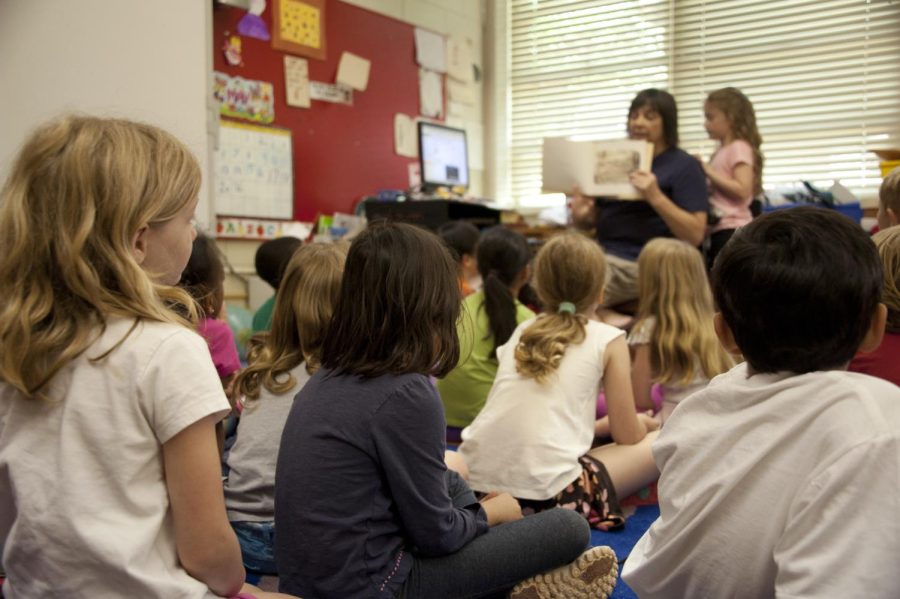Does a Parent’s Support Affect Students’ Success?
April 25, 2023
The relationship between parental support and student success has been a topic of much debate in recent years. While some argue that parental involvement is critical for academic achievement, others suggest that too much involvement can actually be detrimental. There should be a healthy balance between giving your child support and giving them independence.
On one hand, research suggests that students with involved parents are more likely to perform better academically than those without. This could be due to a number of factors, such as increased motivation and accountability, access to additional resources, and higher expectations from parents. For example, parents who regularly communicate with their child’s teachers, help with homework, or attend school events can provide valuable support and encouragement that can positively impact their child’s academic performance.
On the other hand, there is also evidence to suggest that over-involvement can have negative consequences. When parents become too controlling or demanding, students may feel overwhelmed or stressed, which can actually hinder their academic progress. Additionally, some children may struggle with the pressure of trying to meet their parents’ expectations, which can lead to feelings of inadequacy or low self-esteem. It is important for parents to understand that straight A’s, high test scores, and academic activities do not determine the intelligence level or success level of their child. This can alter a parent’s relationship with their child.
Ultimately, the role of parental support in student success is highly nuanced and depends on a variety of factors, including the individual child’s personality, family dynamics, and cultural context. While it’s clear that parental involvement can be beneficial in many cases, it’s important for parents to strike a balance between providing support and allowing their child to develop independence and autonomy.
In conclusion, while parental support can certainly play a positive role in students’ academic success, it’s not a guarantee. Parents should aim to find a balance between being supportive and hands-off and be mindful of their child’s unique needs and personality. By working together with educators and respecting their child’s autonomy, parents can help their child reach their full potential.


